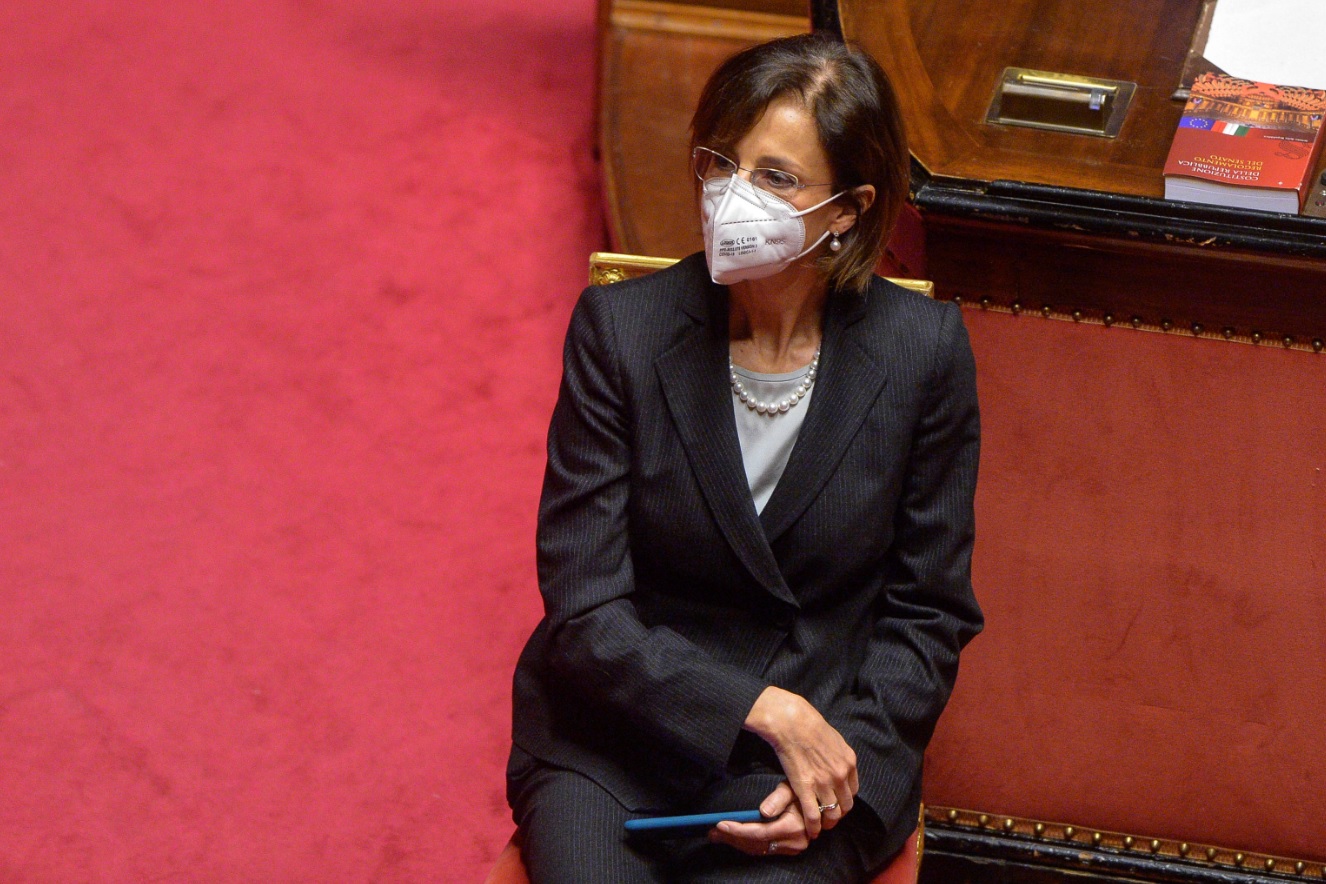The International Press Institute (IPI) today joined its partners in the Media Freedom Rapid Response (MFRR) and other groups in writing to Italian ministers to express serious concerns over reports that prosecutors in Sicily wiretapped journalists and their sources during a probe and urge them to ensure a thorough investigation is conducted.
To:
Marta Cartabia, Minister of Justice
Luciana Lamorgese, Minister of the Interior
12 April 2021
The Media Freedom Rapid Response and partner organisations welcome the launch of an investigation into the wiretapping of journalists and their sources in Sicily. However, a robust, swift and systematic investigation will be essential for rebuilding trust and ensuring that all journalists, sources and legal professionals in Italy are protected.
The undersigned Media Freedom Rapid Response (MFRR) and partner organisations are deeply alarmed by the reports that prosecutors in Trapani wiretapped hundreds of phone conversations involving at least 15 journalists who report on migration in the central Mediterranean. This included conversations with confidential sources and legal representatives. Few conversations are more sensitive and important than those between journalists, their sources or their lawyers. This is a direct and significant threat to media freedom; you cannot protect journalism without protecting journalistic sources.
We welcome your decision to open an investigation led by the Ministry of Justice, which has sent inspectors to Trapani, to check if the judicial office’s activities have been compliant with relevant rules. It is vital that this investigation is conducted in a robust, swift and systematic manner that responds to the severity of the revelations made public by a number of media outlets on 2nd April.
Media freedom is underpinned by journalists and media workers’ ability to communicate with named and anonymous sources to collect information, first hand experience, and verification of other information as part of the reporting process. These sources may themselves be under investigation or participants in criminal enterprises. This should not affect the journalists’ right to to securely and safely communicate with relevant sources in the framework of public interest reporting. The Council of Europe’s Recommendation (CM/Rec(2016)4) on the protection of journalism and safety of journalists in this regard states that any mechanism or legal framework established by the state to protect journalists should guarantee “confidentiality and security of communications” and “guarantee protection for whistle-blowers and sources who wish to remain anonymous”.
The use of surveillance technology to intercept and record journalists’ telephone calls is a serious attack on press freedom with worrying implications. It could discourage sources or whistleblowers from coming forward and open up journalists to judicial persecution and intimidation. Further to this, within a framework of inadequate oversight of these tools, the transcripts of the tapped conversations held by state authorities could be used to target the sources and journalists, modify the state’s engagement with legitimate journalistic requests, or be leaked to intimidate journalists or open them up to threats of violence or harassment.
To ensure all journalists working in Italy are protected and to prevent such incidents in the future, it will be imperative that the investigation seeks not only to establish the details of the wiretapping in Trapani, including who approved the actions and with what justification, but also how widespread this is across Italy and what broader legal, procedural and institutional issues have enabled this situation.
The Italian Government and judiciary must subsequently ensure that any issues highlighted by the investigation are addressed fully, which may include appropriate sanctions for any abuses of power by actors in Trapani, as well as legal and policy changes to ensure journalists, sources and legal professionals are protected in the future.
We will continue to monitor the investigation to ensure media freedom in Italy is robustly protected.
Signed by:
ARTICLE 19
Articolo 21
European Centre of Press and Media Freedom (ECPMF)
European Federation of Journalists (EFJ)
Festival diritti umani (Human Rights Festival, Milan)
Festival Imbavagliati (Civil Journalism festival)
FNSI
Focus on Africa (online newspaper)
Fondazione Aamod, Audiovisual Archive of the Workers’ and Democratic Movement
International Press Institute (IPI)
OBC Transeuropa
Ossigeno per l’Informazione
Rumor(s)cena (online newspaper)
Sindacato dei Giornalisti del Trentino Alto Adige (regional Journalists’ Union)
—————————-
The letter was also sent to:
Věra Jourová, European Commission, Vice-President for Values and Transparency
Antonio Parenti, Head of the European Commission Representation in Italy
David Casa MEP, Co-Chair, European Parliament Media Working Group
Ramona Strugariu MEP, Co-Chair, European Parliament Media Working Group
Dunja Mijatovic, Council of Europe Commissioner for Human Rights
Irene Khan, United Nations Special Rapporteur on the Promotion and Protection of Freedom of Opinion and Expression
Teresa Ribeiro, OSCE Representative on Freedom of the Media
This letter was coordinated IPI as part of the Media Freedom Rapid Response (MFRR), a Europe-wide mechanism which tracks, monitors and responds to violations of press and media freedom in EU Member States and Candidate Countries.

